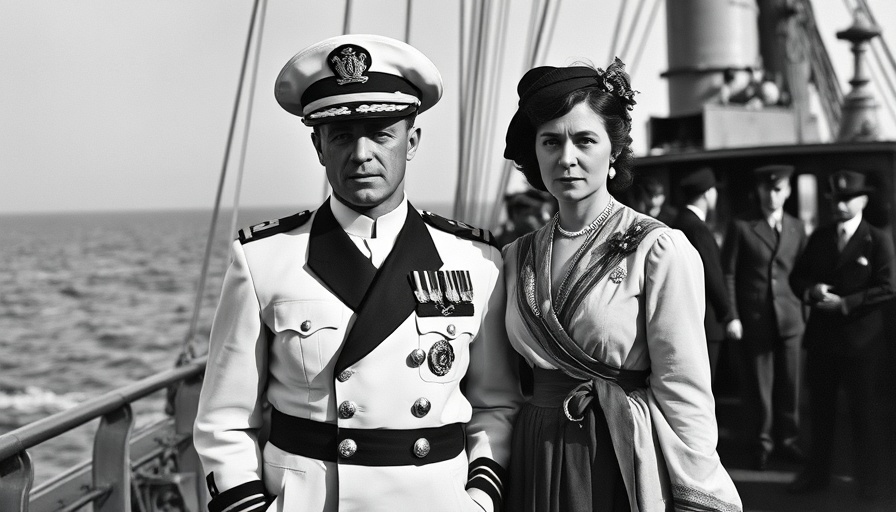
Remembering Shackleton: A Journey of Survival
August 30 marks the anniversary of a remarkable event in exploration history, celebrating the heroic rescue of the Endurance crew in 1916. Led by Irish explorer Sir Ernest Shackleton, this rescue is emblematic of human resilience in the face of dire circumstances. After their ship succumbed to the icy grips of the Antarctic, Shackleton showcased extraordinary leadership, returning to Elephant Island to save his 22 companions, who had endured four and a half months of isolation on a barren landscape.
The Context of Bravery During Extreme Conditions
Shackleton's expedition is not merely a tale of adventure; it also serves as a powerful reminder of the potential of the human spirit. The crew's ordeal was marked by fierce weather, dwindling supplies, and sheer uncertainty, pushing them to their utmost limits. Shackleton's determination and the crew's camaraderie offer lessons on teamwork and tenacity, vital virtues that remain relevant today.
A Legacy Beyond Survival: The Impact of Shackleton's Expedition
The legacy of Shackleton's journey extends far beyond the Antarctic ice. It inspires modern adventurers and emphasizes the importance of leadership and trust in challenging times. As we remember this momentous rescue, it's essential to consider how such historical narratives can teach us resilience and adaptability, principles crucial in today's fast-paced world.
Connecting History to Today: Lasting Lessons from 1916
In a world that continues to face new challenges—be it environmental change, political upheaval, or societal shifts—the lessons from Shackleton's expedition are timeless. By looking back at such pivotal moments, we can cultivate a stronger sense of community and responsibility, crucial for navigating contemporary life. Shackleton's story reminds us that collaboration and unwavering spirit can lead to extraordinary outcomes, even amidst despair.
 Add Row
Add Row  Add
Add 




Write A Comment